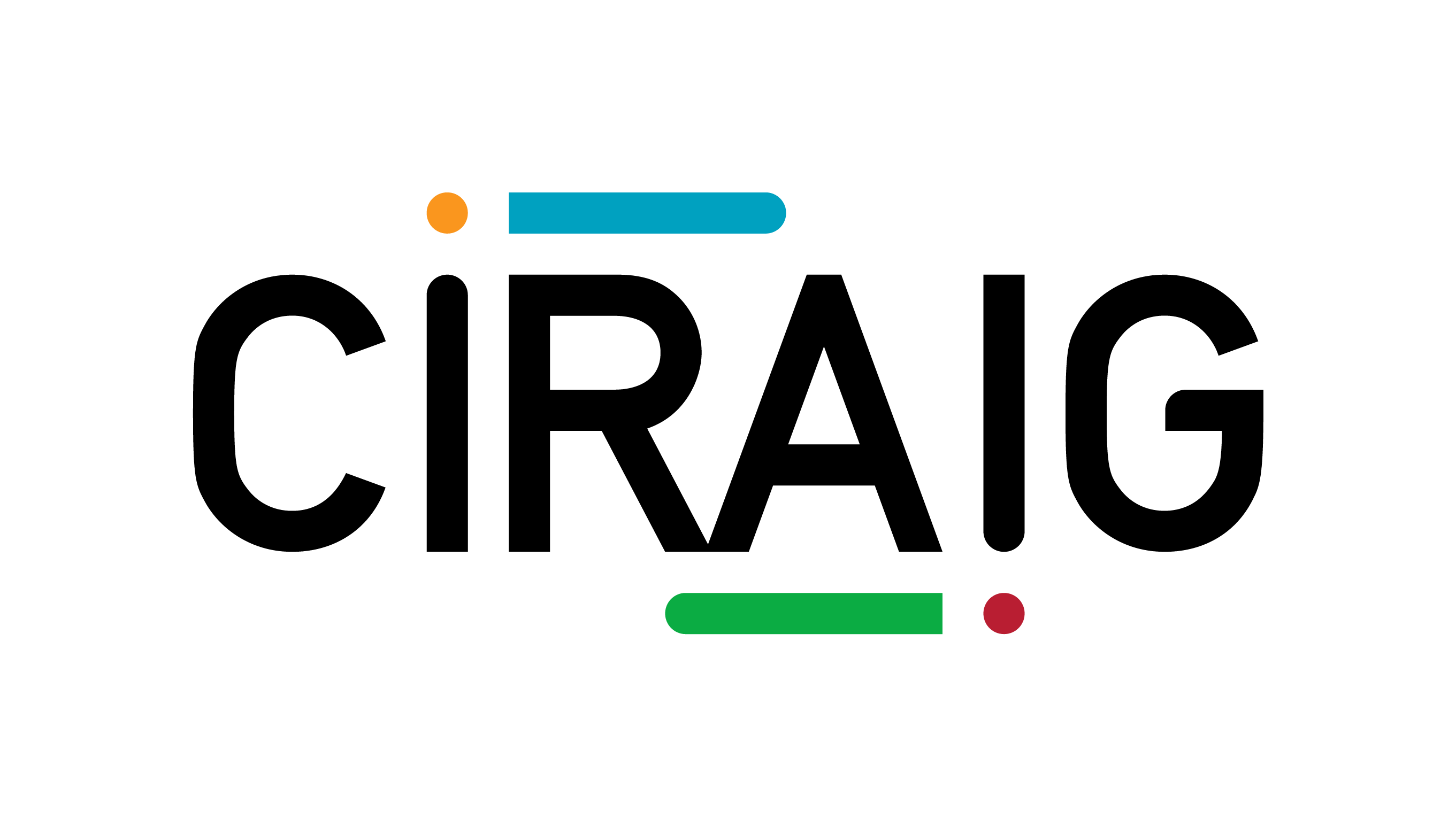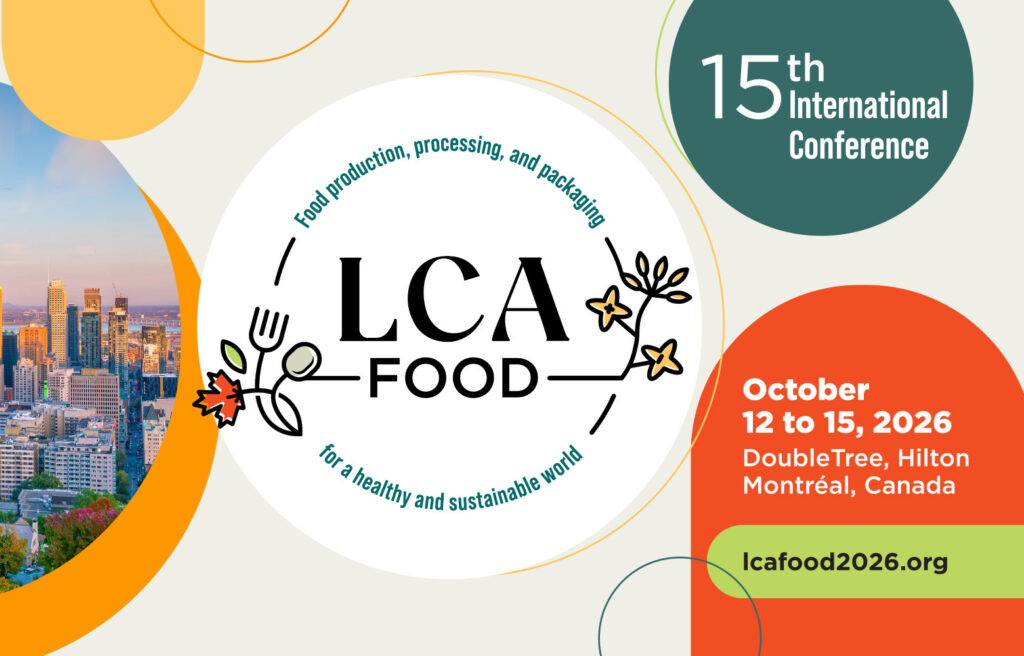
In the context of recent concerns over plastic accumulation in marine habitats, this report reviewed the scientific literature on marine plastic litter and other threats to oceans’ health. It aimed to put marine plastic litter into perspective with other threats to ocean health and to identify the research needs for its integration within the LCA framework.
A total of 205 publications from the bibliographic search were selected. Based on the most relevant ones, 11 ocean threat categories were identified: ocean acidification, climate change, non-human diseases, marine eutrophication, marine litter, noise, overfishing, physical habitat destruction, pollutants, species introduction, and UV radiation. Each category was described in terms of its mechanism (impact pathway). This showed that humans affect the oceans in very diverse ways, through different mechanisms and at different scales. Only a few publications compare those threats in a comprehensive way and there is no consensus as to what the most important ones are. As marine plastic litter is only covered by a few of the most recent scientific publications on ocean threats, its importance cannot be confidently assessed.
The inclusion of marine plastic litter in LCA was also discussed. Significant research still needs to be done to obtain robust plastic fate factors that link leakage in the environment and concentration in habitats accounting for plastic type, shape, and degradation. Even more work is needed to model effects on ecosystems since no effect factors have been proposed in the literature yet. Finally, microplastics are clearly one of the least understood aspects of marine litter and are the source of rising concerns in the recent scientific literature
In collaboration with
Similar projects
We use cookies on our website to give you the most relevant experience by remembering your preferences and repeat visits. By clicking “Accept”, you consent to the use of ALL the cookies.
Manage consent
Privacy Overview
This website uses cookies to improve your experience while you navigate through the website. Out of these, the cookies that are categorized as necessary are stored on your browser as they are essential for the working of basic functionalities of the website. We also use third-party cookies that help us analyze and understand how you use this website. These cookies will be stored in your browser only with your consent. You also have the option to opt-out of these cookies. But opting out of some of these cookies may affect your browsing experience.
Necessary cookies are absolutely essential for the website to function properly. This category only includes cookies that ensures basic functionalities and security features of the website. These cookies do not store any personal information.
Any cookies that may not be particularly necessary for the website to function and is used specifically to collect user personal data via analytics, ads, other embedded contents are termed as non-necessary cookies. It is mandatory to procure user consent prior to running these cookies on your website.
Your subscription could not be saved. Please try again.
Your subscription has been successful.





